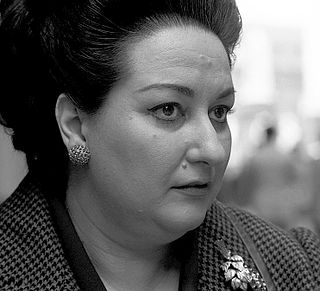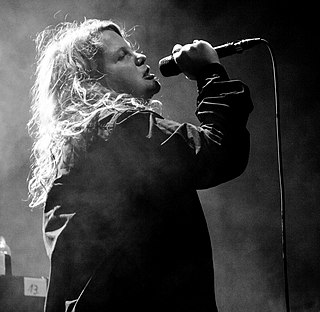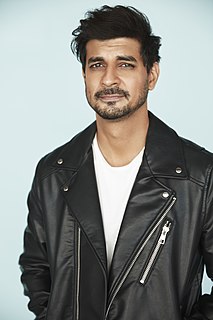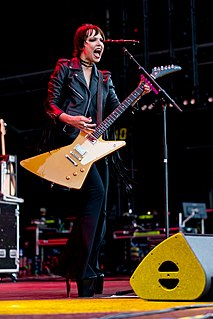A Quote by Pete Docter
There's something really emotional about not having any sound. That allows, I think, the audience to participate more actively and kind of imagine what are they talking about there?
Related Quotes
You can't participate in agriculture or redesign of aircraft for making them safer if you know nothing about it. So, whenever a person says 'will I be participating in the new world?' Only in areas that you can participate it. Areas that you have competence in. I'm not talking about self confidence, I'm talking about the ability to solve problems. Electrical, chemical, technical. I don't know of any other kind of problem.
Obviously loss of family is huge and critical, but I think really it's more about losing a sense of family. The horror of that kind of incompleteness. Writing this book, I tried not to think about my father, which does no one any good fictionally. I did try to imagine not just the horror of that moment, but the horror of having witnessed it, and the lifelong void. And I think that's what's so frightening.
I think Grace [Dunham] and I are always working from a personal place, and the fact that these were issues that we'd been talking about in our own families really clicked, but also Jason's [Benjamin] passion about it and his clear sense that this was going to be something emotional and remarkable to watch. It was very hard not get excited about it and want to help in any way we could.
Often you find actors have big hearts; they're quite emotional people. Talking to actors who date other actors, and talking to people who deal with other actors, they often get emotionally caught up in lots of different things. They often wear their hearts on their sleeves. They feel things quite a lot - often to the nth degree, which I can imagine could make it quite difficult to date some of us. I think it's about having an emotional availability that you can kind of draw on. But I'm also searching for that. I'll be searching for the answer to that question for the rest of my life.
The minute you finish a piece of writing it doesn't belong to you, you don't write it any more, it belongs to you, the reader, the listener, the audience. So the less you know about whether or not this is me talking about my life or this is me talking about your life, I think the better. Then it can belong to you and it can live outside of the moment in which it was conceived.
It's really a trade-off: you're always having to decide whether you're going to say the more ambitious thing, and lose a little clarity - or are you going to say something really clearly, and sacrifice a little nuance? Get too obscure, and you sound like a pretentious asshole; go overboard with the clarity, and you sound like you're talking down to your audience, or like you yourself are a reductive simpleton.
Once Steve Fuller said that there is this idea that your responsibility as an intellectual is just to speak the truth as you see it. But actually, you should be more appreciative of what needs to be said. I don't think that's ever an excuse to say something you don't believe is true - but sometimes the emphasis has to be different. Well, if I'm talking to an audience of hardline atheists, I'll be trying to unsettle them a bit more, whereas, if I'm speaking to an audience of believers, I'll be giving them more of the pros of atheism. It's about having a sensitivity to context.
I have a really good idea of who my readers are and always write with a sensitivity to my audience. I use the F word when necessary, but there are words I won't use, mainly because I don't like them. I don't write about body parts when I write about sex. It's not about the physiological, it's more important for teens to read about the emotional aspects. I do think there are times when self-censorship is important.
I think that the development of any culture has something to do with the way people deal with the concept of illusion. The fact that the sound of my voice and the way I modulate it creates pictures in your head... in order for us to accumulate knowledge, we have to create symbolic exchanges that let ourselves be fooled temporarily by something that's not there - by a substitute for reality. When you talk about representation, you're talking about language.






































